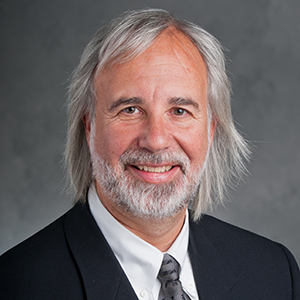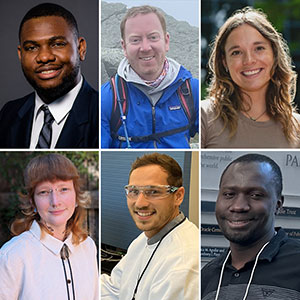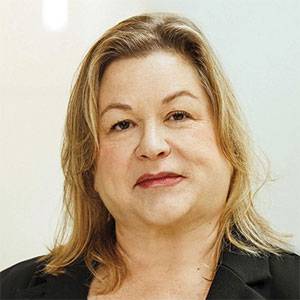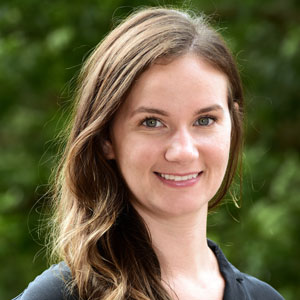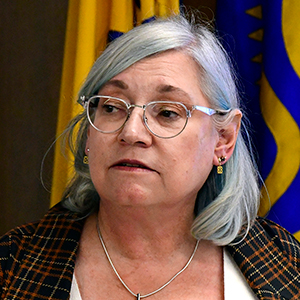During her Feb. 14 NIEHS Keystone Science Lecture, Mónica Ramírez-Andreotta, Ph.D., shared the numerous ways she works with communities to integrate their priorities into environmental health sciences research. The University of Arizona professor directs Gardenroots and Project Harvest, which are citizen science initiatives that engage community members about the health of their soil, water, and plants.
“Our lab uses an environmental justice framework and participatory research methods to investigate exposure pathways and communication strategies,” she said. “We aim to translate environmental health sciences research into action that achieves structural change.”
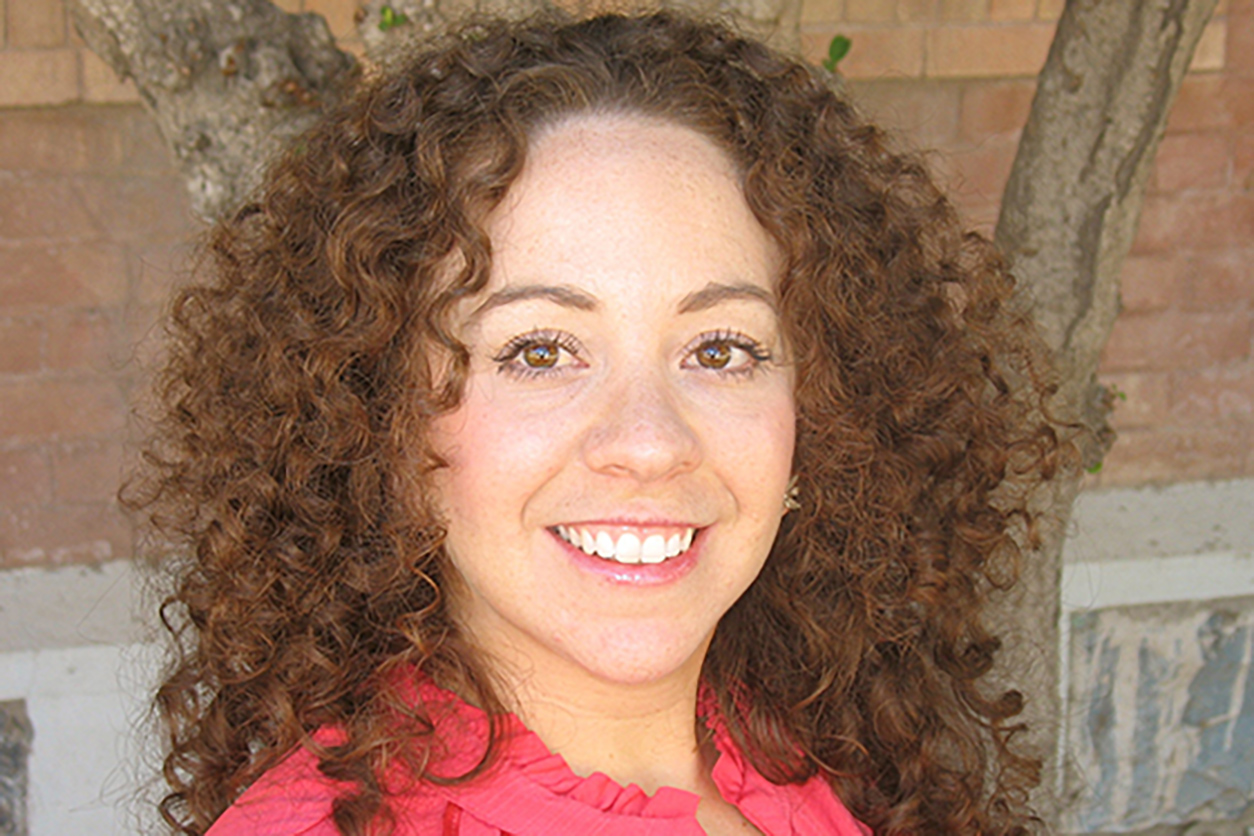 Some of Ramírez-Andreotta’s research interests include environmental health literacy, exposure science, environmental justice, and citizen science. (Photo courtesy of Mónica Ramírez-Andreotta)
Some of Ramírez-Andreotta’s research interests include environmental health literacy, exposure science, environmental justice, and citizen science. (Photo courtesy of Mónica Ramírez-Andreotta)Studying environmental quality, potential exposures
Ramírez-Andreotta shared that the U.S. Government Accountability Office has reported that approximately one in four Americans live within three miles of a hazardous waste site, and such sites are often concentrated in communities of color.
Through Gardenroots and Project Harvest, Ramírez-Andreotta partners with community members to evaluate environmental quality and potential exposure to contaminants of concern.
“As director of the NIEHS-funded University of Arizona Superfund Research Center's research translation core, Dr. Ramírez-Andreotta has provided key scientific information to communities and stakeholders regarding environmental health issues associated with metal mining,” said Danielle Carlin, Ph.D., program administrator of the NIEHS Superfund Research Program. “Translation of the research emanating from her center is also highly complementary to the broader Superfund Research Program and to NIEHS strategic plans.”
Addressing community members’ health questions
According to Ramírez-Andreotta, in the communities where she works, doing science for science’s sake is not motivating to her partners. Rather, people are motivated because the research clearly connects to their perceived health risks.
“We work together to choose or define the question of study alongside community members,” she said. “They ask questions such as ‘Are my soils safe?’, ‘Can I consume vegetables from my garden?’, ‘Is ingestion of soil and plants grown locally contributing to arsenic and cadmium exposures?’, and ‘Are there pollutants in harvested rainwater?’”
Science for All
Watch Ramírez-Andreotta describe her efforts related to citizen science in this video by Landmark Stories, which is affiliated with the University of Arizona. (3:36)
The importance of reporting back
A core component of Ramírez-Andreotta’s work involves making sure that communities participating in a study receive the research results, which is known as reporting back. But that means more than simply providing a report or presenting PowerPoint slides.
“We have so many tools at our fingertips to share this data,” she said.
Those tools include community gatherings and data-sharing events, family science nights, classroom science extravaganzas, data visualizations, environmental art installations, and multi-organizational discussions about ongoing cleanup activities and public messaging.
“We use a mixed-methods approach to analyze learning outcomes and to understand what [community members] gained from this work,” said Ramírez-Andreotta. “We are seeing that participants are correctly interpreting their data and are using their data to inform gardening practices and use of harvested rainwater. Also, they come in with a high level of self-efficacy for learning and doing science, which was maintained after one year in the project,” she added, referring to Project Harvest.
“Monica’s work is highly relevant to the NIEHS mission, and it has great impact in environmental public health,” said Liam O’Fallon, coordinator of the Partnerships for Environmental Health Program at NIEHS.
“What impresses me is how she adeptly moves research and data into action that directly benefits the communities she works with,” he noted. “Her outcomes demonstrate the importance and value of working collaboratively with her community partners to ensure that the research meets their needs and can be used to inform public health action.”
The next Keystone Science Lecture is March 9. Rima Habre, Sc.D., from the University of Southern California, will present “Personalizing Air Pollution Exposure Science to Advance Precision Environmental Health.”
Citations:
Ramírez-Andreotta MD, Walls R, Youens-Clark K, Blumberg K, Isaacs KE, Kaufmann D, Maier RM. 2021. Alleviating environmental health disparities through community science and data integration. Front Sustain Food Syst; doi:10.3389/fsufs.2021.620470 [Online 21 June 2021].
Davis LF, Ramírez-Andreotta MD, Buxner SR. 2020. Engaging diverse citizen scientists for environmental health: recommendations from participants and promotoras. CSTP 5(1):7.
Davis LF, Ramírez-Andreotta MD. 2021. Participatory research for environmental justice: a critical interpretive synthesis. Environ Health Perspect 129(2):26001.
Sandhaus S, Kaufmann D, Ramirez-Andreotta MD. 2019. Public participation, trust and data sharing: gardens as hubs for citizen science and environmental health literacy efforts. Int J Sci Educ B Commun Public Engagem 9(1):54–71.
(Kelley Christensen is a contract writer and editor for the NIEHS Office of Communications and Public Liaison.)





